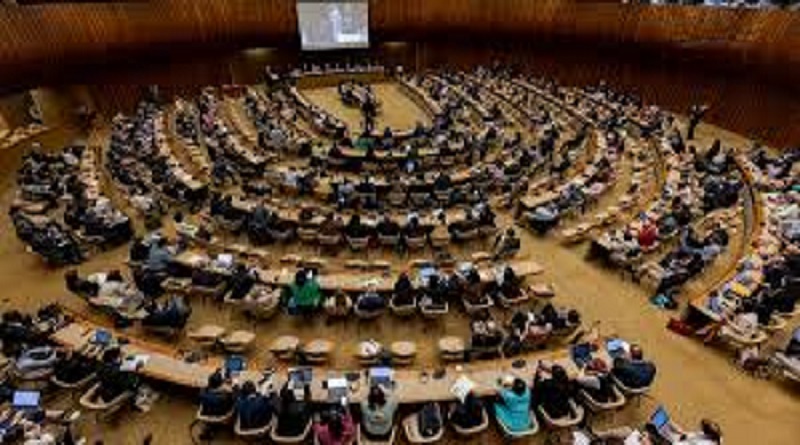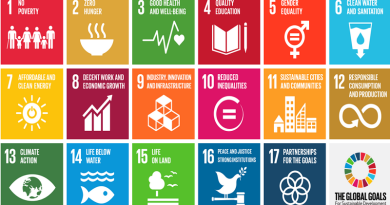Countries overwhelmingly agree on a new voluntary target for air pollution, health
Member States at the Seventy-eighth World Health Assembly strongly approved an updated road map for an enhanced global response to the adverse health effects of air pollution, reaffirming their commitment to protect populations from the world’s largest environmental health risk. The decision updates the 2016 strategy endorsed under WHA69/18 and builds on the landmark resolution WHA68.8 adopted in 2015.
Today, 99% of the world’s population breathes air that does not meet WHO air quality guidelines. The health burden from air pollution falls disproportionately on vulnerable and marginalized populations, particularly in low-resource settings where fragile health systems face compound challenges.
Air pollution is responsible for approximately 7 million deaths annually, primarily from noncommunicable diseases (NCDs) such as stroke, ischemic heart disease, chronic obstructive pulmonary disease and lung cancer as well as pneumonia. It is now recognized as the fifth major risk factor for NCDs alongside tobacco use, unhealthy diets, physical inactivity and harmful use of alcohol.
The updated road map sets the first voluntary target to halve the health impacts of air pollution by 2040 through improved surveillance, knowledge synthesis, institutional capacity building, and global leadership. It provides practical guidance for health authorities to advocate for clean air, inform policy, and protect communities – especially those most at risk.
With this new Resolution, WHO and its Member States commit to scaling up action to monitor, prevent, and mitigate the health impacts of air pollution. The decision represents a critical step toward cleaner air, healthier lives, and accelerated progress towards the Sustainable Development Goals.




